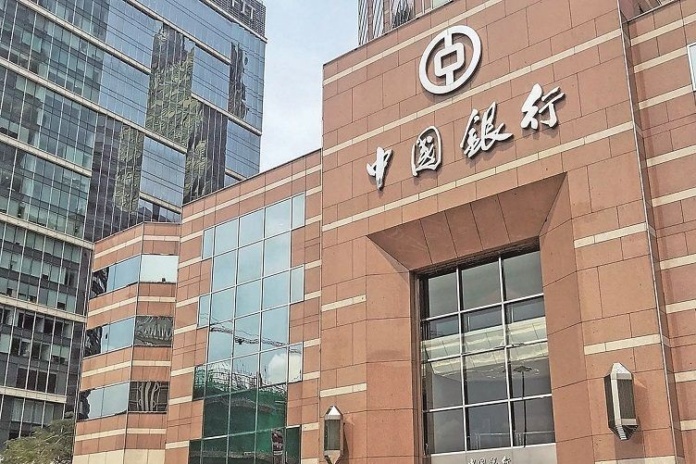S&P Global Ratings has assigned ‘A’ long-term and ‘A-1’ short-term issuer credit ratings to Bank of China (Macau) (BOCM), suggesting that the outlook of the local bank will remain stable in the long run.
According to a note from the rating agency, both the ratings reflect the strong support BOCM receives from its parent company, Bank of China, as BOCM is considered to be a core subsidiary of BOC.
BOCM is expected to maintain its “dominant market share and solid franchise” in the city, benefiting from its extensive branch network and large retail client base inherited from BOC’s local branch.
“BOCM has a market share of over 40 per cent in both total domestic retail lending and residential mortgage lending,” said S&P Global Ratings. “This is far ahead of that of its main competitors.”
In addition, the bank is projected to maintain a healthy capital buffer to absorb unexpected losses, with a risk-adjusted capitalisation ratio between 11 per cent and 14 per cent.
The bank’s asset quality is also likely to remain sound, with a low nonperforming loan (NPL) ratio of 0.61 per cent at the end of June 2023, below the industry average.
When it comes to credit risks, BOCM is deemed manageable, although there may be some elevated NPL formation due to the lingering impact of the pandemic and the ending of Macau’s forborne policy in 2024.
The bank’s funding profile is considered satisfactory, supported by a large retail deposit base and stable funding ratio. BOCM’s liquidity profile is also strong, with a ratio of broad liquid assets to short-term wholesale funding well above 1.0x.
The stable outlook on BOCM’s ratings reflects the expectation that the bank will continue to be a core subsidiary of BOC and receive support as necessary.
However, the ratings could be downgraded if BOC’s ratings were lowered or if the strategic importance of BOCM weakened within the parent group.
An upgrade is deemed unlikely in the next two years but could occur if BOC’s ratings were raised or if there was an upward revision of BOC’s stand-alone credit profile.





















